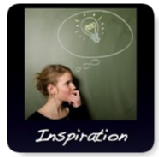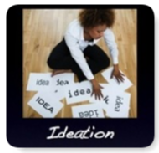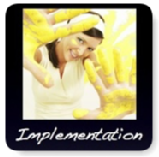This is a draft version of the brief that we are writing for an Open-space Learning creativity and performance project, in collaboration with the Learning Grid, CAPITAL Centre and Student Development. The projects is for Learning Grid student advisors (students who work in the Learning Grid open access study space, supporting other students)...
The objective:
Take a worthy-but-dull academic skills topic and make it exciting and engaging. Communicate key facts. Stimulate discussion and debate.
What you will create:
An online short film of between 3 and 7 minutes. The film can be of any genre (conventional or experimental), fictional or factual (or both). You can shoot in our theatre studios or on location (including outside of the university). It can include dialogue, voice-over commentary, interviews, sound effects and music. It can use still images, video, slides, text, titles and animated titles. It can be shot naturalistically or with a range of special effects (including sci-fi look, aged film, freeze frames, speeding-up and slowing-down).
The film will be shown in lectures and seminars in your faculty and beyond, and online through the Warwick YouTube channel.
Your team and your role:
Creating a movie requires a team of students from your faculty (although each person can play more than one role). You could consider yourself to be the film's producer. You will need to recruit at least two other students from your faculty (perhaps to do some acting, camera work, editing, script writing). You will get a budget, from which you can reward your team.
You will need to:
- Form a production team.
- Participate in a creativity and performance workshop in the CAPITAL Centre.
- Convince your financial backers that you have a great idea and can turn it into a movie.
- Manage your budget.
- Hire actors and others as required.
- Book equipment and technical support as required.
- Manage the production.
- Shoot and edit your film!
- Show your movie at the project's film festival.
In addition, you will be interviewed by a journalist reporting on the progress of your film.
We will support you with:
Equipment: we have cameras, edit suites (Apple iMacs) etc. You will not need sophisticated video production skills. Editing with iMovie is very easy!
Skills training and support: we have experts in creativity, performance, filming and video editing.
The (dull-but-worthy) topics:
Plagiarism and academic integrity.
Subject librarians.
Doing presentations.
Other requirements:
You must abide by all legal requirements, including copyright.
 Robert O'Toole
Robert O'Toole

 Please wait - comments are loading
Please wait - comments are loading





